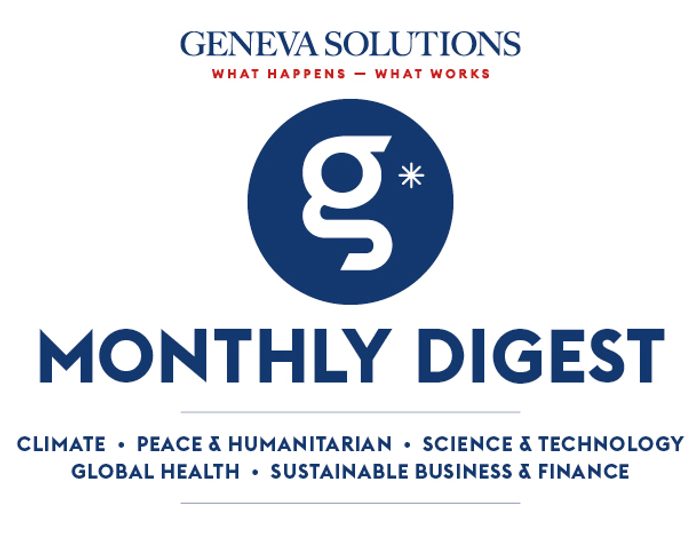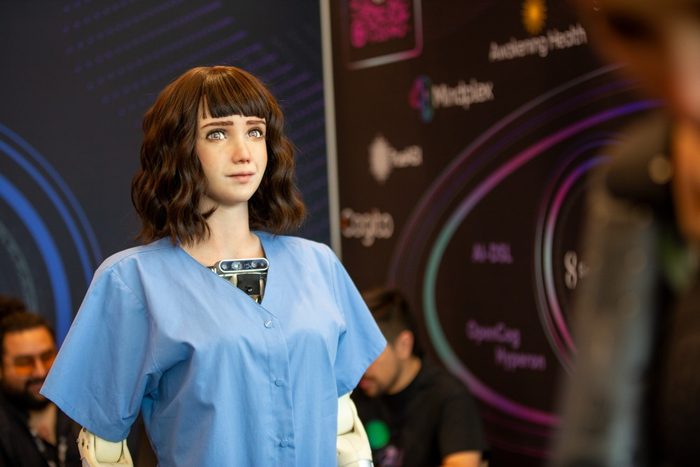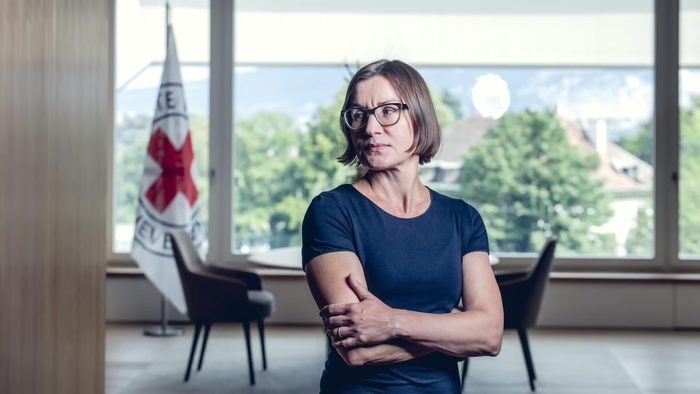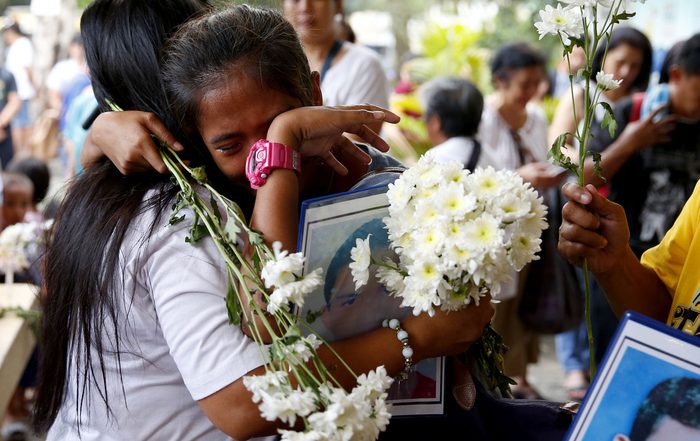 |
Hello, this is Kasmira, bringing you July’s main stories from international Geneva, which caught the global public’s attention – and imagination – when robots came to town to showcase how they’re stepping up to the task of delivering in crucial areas of humanitarian and development work. The city also served as a backdrop for more private gatherings, namely a meeting on the uncertain fate of billions of dollars in Afghan funds.
Further afield, Black Sea grain negotiations, which had been kept under wraps, became very public when Russia walked away. Writing for Geneva Solutions, think-tank Africa21 argued it was a chance to rethink the continent’s agriculture policy.
An event that undoubtedly had one of the biggest impacts, not only in Geneva but across the world, was this month’s record heatwaves, which triggered a slew of warnings from the UN’s weather watchdog and NGOs about the health repercussions. As reaching the Paris climate goals becomes more urgent by the day, the IPCC’s newly-elected president, Jim Skea, said “there’s nothing that can be left off the table” in terms of mitigating global warming. |

|

Grace, the nursing robot at the AI for Good Global Summit (UNOG/Elma Okic)
|
|

ICRC President Mirjana Spoljaric Egger at headquarters in Geneva. (Le Temps/David Wagnières)
|
|
🔎Mirjana Spoljaric Egger: 'An external audit of the ICRC is necessary'.
In an exclusive interview with Le Temps and translated by Geneva Solutions, the first female president of the International Committee of the Red Cross (ICRC) shared her strategic vision for the Geneva-based institution. Born in Croatia and raised in Basel, she still considers it important that the ICRC maintains its exclusively Swiss way of governance.
Stéphane Bussard
|
|
Here’s what else happened this month
|
|
💭Deal or no grain deal, Africa is too dependent on global food markets.
As Russia withdraws from a United Nations-brokered deal allowing Ukrainian grain to pass through the Black Sea and potentially threatening millions of people in need, the challenge for Africa is to go beyond and think about more sustainable agriculture on the continent, writes Mègnon Didier Bebada, the France director of Geneva-based think tank Africa21. Mègnon Didier Bébada
Mègnon Didier Bébada
|
|
|
International justice corner
|
|

A Roman Catholic church in the Philippines’ Quezon city, two days ahead of the country’s withdrawal from the International Criminal Court on 17 March 2019. On 18 July 2023, the ICC ruled that it still had jurisdiction to investigate drug-related killings that took place before the country pulled out. (Keystone/AP Photo/Bullit Marquez)
|
|
⚖️ War crimes round-up.
“The International Criminal Court (ICC) announced on 18 July that it will relaunch its investigations into an anti-drug crackdown in the Philippines that killed thousands of people after rejecting the government’s bid to block it. The move is a big step towards justice for thousands of victims, who have had to wait almost two years since the ICC initially launched its probe, in September 2021, into possible crimes against humanity committed under former president Rodrigo Duterte’s leadership. Even though the case will move forward without the cooperation of the Philippines, it’s in the interest of the victims and the country that the government cooperates with the court.”
- Alain Werner, director of Civitas Maxima
|
|
|
GS news is a new media project covering the world of international cooperation and development. Don’t hesitate to forward our newsletter!
Have a good day!
|

|
|
Avenue du Bouchet 2
1209 Genève
Suisse
|
|
|
|










